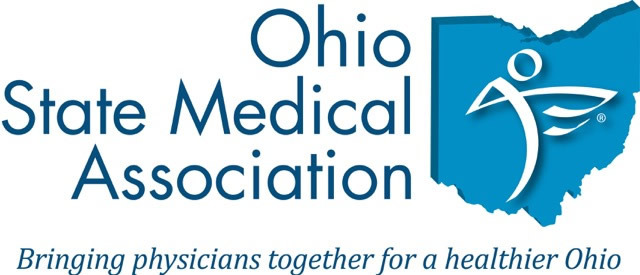Complete Story
10/04/2022
Dispensing Sample Medications: Patient Safety Strategies
Provided by OSMA's preferred partner for medical liability insurance, The Doctors Company.
Debra Kane Hill, MBA, RN, Senior Patient Safety Risk Manager, The Doctors Company
Dispensing free sample medications to patients is commonplace in medical and dental offices. With safeguards in place, it can contribute to improved clinical results and generate goodwill between the practitioner and the patient.
Free sample medications are convenient for patients—particularly those who lack financial or transportation resources—and can improve timeliness and compliance with medication regimens. Sample medications also allow patients to try new and sometimes costly prescriptions on a trial basis to determine if they are effective and without unwanted side effects.
Patient Safety Strategies
Sample medications must be handled with the same level of accountability and security as other prescription medications—as required by the standard of care, federal and state pharmaceutical laws and regulations, and accrediting organizations. Practitioners have the same duty of care to patients receiving sample medications as they have to patients receiving prescriptions.
Consider implementing the following safety guidelines for drug samples in your practice:
Practice Policies and Procedures
- Develop detailed policies and procedures that address sample medication inventory, storage, access, tracking, documentation, and patient care management.
Drug Storage and Access
- Store, secure, and track samples to prevent inappropriate access and loss.
- Allow only designated clinicians and staff to access the drug closet.
- Group medications by drug type when setting up a sample medication closet. Never store sample medications in alphabetical order or next to drugs that have look-alike and sound-alike (LASA) names. (See the Institute for Safe Medication Practices for a current LASA list.)
- Assign staff to monitor and document safe storage per manufacturers’ recommendations and to check medications for expiration.
- Follow state and federal guidelines for disposing of expired medications. Maintain logs in administrative files.
Drug Dispensing
- Never allow staff to provide samples to anyone without provider orders, provider supervision, and patient record documentation. Give sample medications only when prescribed by a licensed provider with prescriptive authority.
- Label samples with prescribing information as required by law.
Patient Record Documentation
- Document any dispensed samples in the patient record. Include the name of the drug, strength, lot number, manufacturer, instructions provided, and discussion of potential side effects.
- Provide written patient education regarding the medication, and document in the patient’s record.
- Obtain and document informed consent from the patient when appropriate, e.g., for the type of medication, possible side effects, or the patient’s first use of the medication.
Administrative Logs
- Maintain administrative records to log a sample medication’s receipt into the practice and to track its inventory and access. Creating a separate log for each medication simplifies the tracking process. Include the drug name, dosage, manufacturer, lot number, expiration date, date and quantity received by the practice, and by whom.
- Maintain administrative records to log a sample medication that is dispensed (separate from the patient record). This allows the practice to identify patients in the event a medication is recalled. Creating a separate log for each medication simplifies the tracking process. Include the date dispensed, patient name, drug name, dosage, lot number, expiration date, quantity dispensed, and by whom.
- Establish a system for identifying and managing drug recalls. (For more information, see the FDA drug recall guidance.)
- Assign administrative staff to review logs routinely for any inconsistencies.
Creating a system for dispensing sample medications can be a significant undertaking, but it provides many benefits for the practice and the patient. For assistance with implementing sample medication safeguards in your practice, contact the Department of Patient Safety and Risk Management at (800) 421-2368 or by email.
The guidelines suggested here are not rules, do not constitute legal advice, and do not ensure a successful outcome. The ultimate decision regarding the appropriateness of any treatment must be made by each healthcare provider considering the circumstances of the individual situation and in accordance with the laws of the jurisdiction in which the care is rendered.

